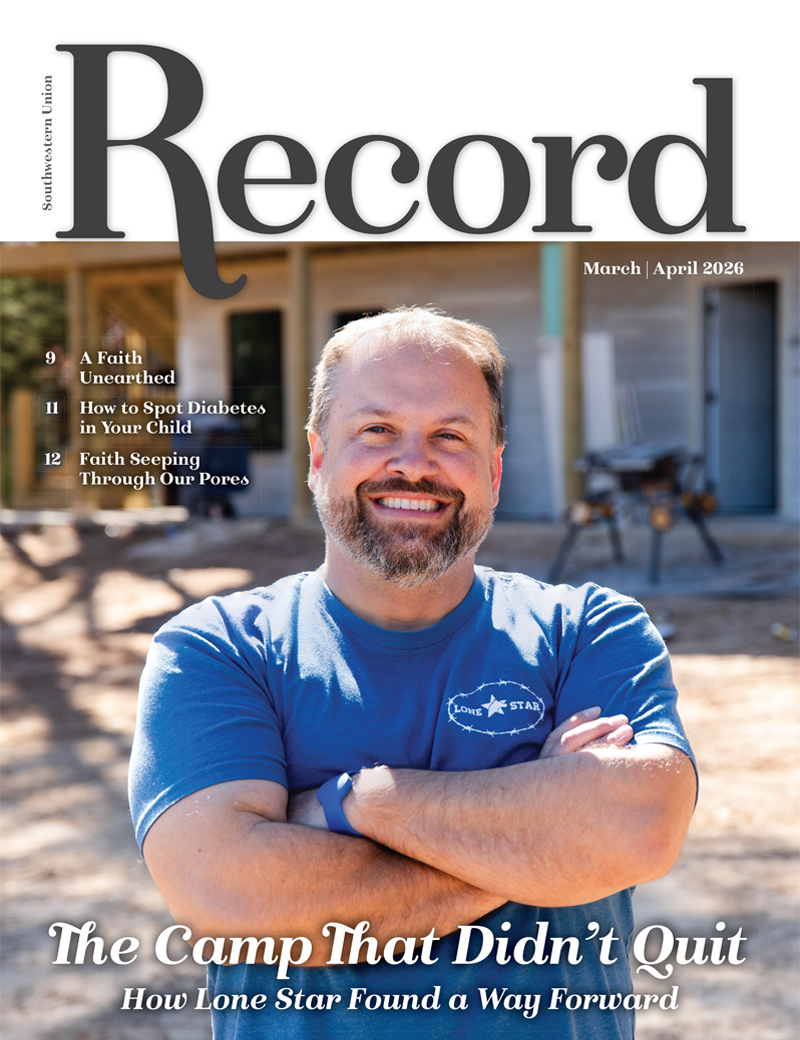Celebrating the Sabbath

The Sabbath. It’s embedded in our denominational identity, but do we really understand it? Celebrate it? Delight in it?
Growing up Adventist, Sabbath has always been a part of my life. I grew accustomed to a set of norms for this day. From sundown Friday to sundown Sabbath, I was taught to “guard the doors of the Sabbath.” There were acceptable activities my family participated in. We greeted the beginning of the Sabbath with worship, attended Sabbath school and church, participated in Sabbath afternoon activities and closed the day with prayer.
The activities were often common to my friends’ families, so a community evolved around this day. However, norms differed across families to some degree. I remember it was not acceptable for me to ride my bike on Sabbath, but a close friend was allowed to do so. As a result, the focus was often on how I was limited in my activities or what I was obligated to do or not do, without truly understanding the purpose of the special day.
Instead, we should consider the original intention for the Sabbath—rest, blessing and sanctification—and find ways to experience this on the Sabbath. As the Encounter Bible Program for our K-12 students emphasizes, the Sabbath will last into eternity. It is more than a day; it is more than a memorial. The Sabbath is a gift, as well as a symbol of allegiance, acknowledging a covenant relationship between a loving God and His children.
Our response to this gift should be to remove the distractions so we can focus on the relationship. The boundaries tell us how important the Sabbath is to God; they protect the Sabbath from being invaded by other things that would distract us from building a relationship with God.
For a powerful example of how we’re to honor the Sabbath, let’s look at the experience of the Israelites in the desert. God gave them manna day after day, week after week, for 40 years—but never on the Sabbath. Instead, twice as much fell on Friday, and twice as much was to be gathered. The manna was a weekly reminder to honor the Sabbath day by intentionally preparing for it and protecting it from needless work so the Israelites could focus on their relationship with God.
Jesus also provided an example on how He honored the Sabbath. He used the Sabbath to bring joy and delight into people’s lives. It is a day to do good to others, to bless others through our words and actions (Matthew 12:12).
Celebrating the Sabbath as God intended blesses our lives and is a sign of our devotion to Him and His will for our lives. Isaiah 58:13-14 says, “If you keep your feet from breaking the Sabbath and from doing as you please on my holy day, if you call the Sabbath a delight and the Lord’s holy day honorable, and if you honor it by not going your own way and not doing as you please or speaking idle words, then you will find your joy in the Lord.”
By Carol Campbell, Ph.D.
Vice President for Education


